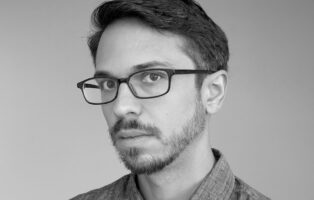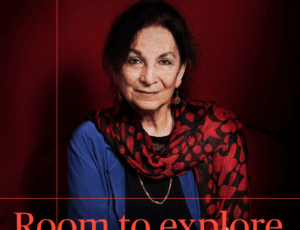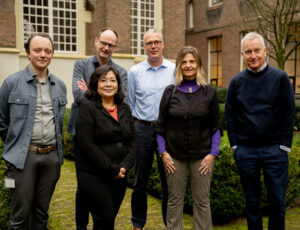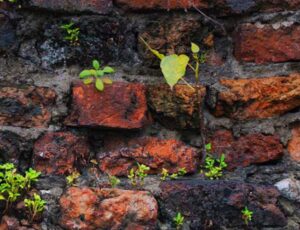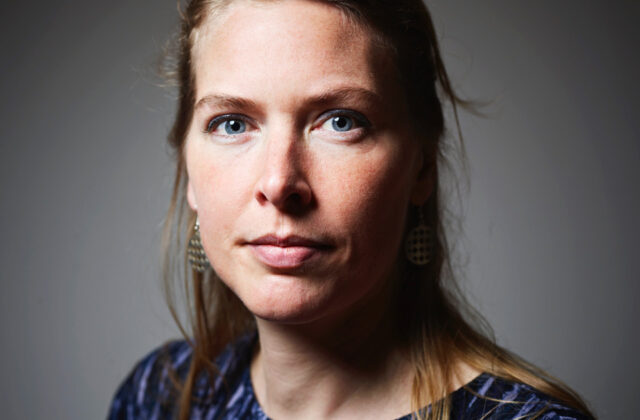
Miriam Rasch is NIAS Writer in Residence 2023
22 August 2023A different kind of listening
Listening is not necessarily what our digital platforms and media encourage, quite the opposite. But now that everyone in the post-digital world can express themselves without any problem, who is actually listening?
And if ‘smart’ devices may or may not secretly listen to everything we say, isn’t it important to counter that with a different kind of listening? Perhaps listening can be a small form of resistance against the domination of algorithms, fake news, and troll factories.
The potential solutions that listening provides
Under the title “Listening Exercises”, Miriam Rasch is working on an essay book to uncover the potential solutions that listening provides and the questions it answers. Four key themes emerge throughout her quest: the influence of technology on listening, the tradition of testimony, practical exercises for cultivating listening skills, and listening as a sensory receptivity. Rasch hopes to shed light on the value of listening as a practice and its potential to create spaces of empathy and understanding amidst the noise and division of our digital age.
Miriam Rasch’s work and topics
Rasch studied literary studies and philosophy and writes philosophical essays and reviews for De Gids, De Groene Amsterdammer, Follow The Money, De Revisor and Filosofie Magazine, among others. She works as a research coordinator at the Willem de Kooning Academy and was previously a researcher at the Institute for Network Culture at the Hogeschool van Amsterdam and a lecturer in Philosophy. The influence of digital technology on life and post-digital culture are important topics in Rasch’s work. She approaches her topics from a literary perspective exploring the linguistics in technology.
About the Writer-in-Residence program
Miriam Rasch has been jointly selected by the Dutch Foundation for Literature and NIAS. The Writer-in-Residence program offers writers of literary fiction and non-fiction writing in Dutch the opportunity to work within an international academic community for an extended period of time. Each year, the exchange between fellows (from both the arts and various academic disciplines) proves to be fruitful and inspiring. Previous guest writers have included Tommy Wieringa, Aleid Truijens, Hagar Peeters, Hélène Gelèns, David van Reybrouck and Michael Tedja.
